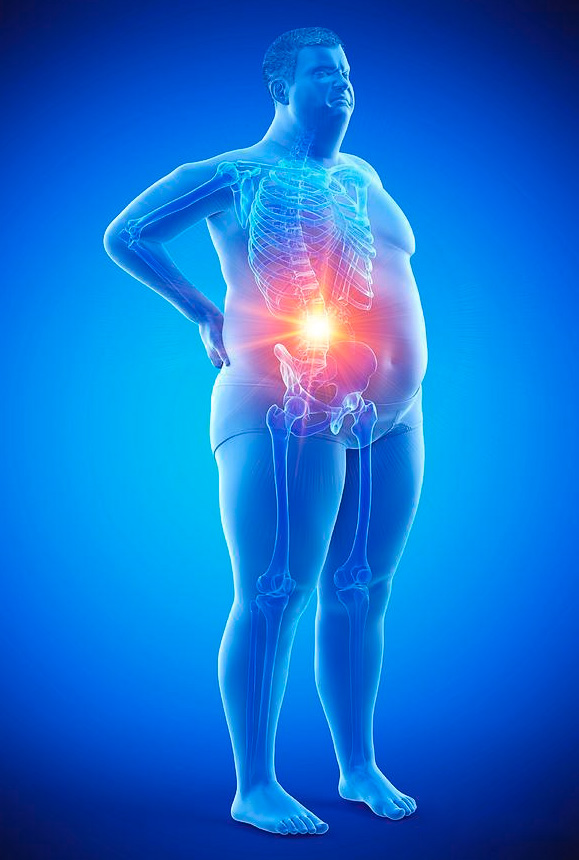Travel Abroad and the HSE will REFUND the cost of your surgery
Is Obesity Affecting Your Health and Well-being?
Obesity can lead to serious health issues such as diabetes, heart disease, and reduced quality of life. If you are struggling with weight management and its associated health risks, bariatric surgery could be the life-changing solution you need.
Understanding Bariatric Surgery
Bariatric surgery includes a variety of procedures designed to help you lose weight by making changes to your digestive system. These surgeries can reduce your stomach size or alter your digestive process, leading to significant weight loss and improved health outcomes.
Common Reasons for Bariatric Surgery:
- Type 2 Diabetes: Obesity significantly increases the risk of developing type 2 diabetes.
- Hypertension (High Blood Pressure): Excess weight can lead to high blood pressure, increasing the risk of heart disease and stroke.
- Sleep Apnea: Obesity is a major risk factor for sleep apnea, a condition where breathing repeatedly stops and starts during sleep.
- Joint Pain and Osteoarthritis: Extra weight puts more pressure on joints, leading to pain and degeneration.
- Heart Disease: Obesity is closely linked to cardiovascular diseases, including heart attack and stroke.

Our Solution: Bariatric Surgery with Surgery Now
At Surgery Now, we offer expert bariatric surgery to help you achieve significant weight loss and improve your overall health. Our comprehensive approach ensures you receive the best care and support throughout your weight loss journey.
Why Choose Surgery Now for Bariatric Surgery?
- Expert Surgeons: Our team consists of highly trained and experienced bariatric surgeons.
- Customized Treatment Plans: We tailor our approach to meet your unique health needs and weight loss goals.
- Comprehensive Support: From nutritional counseling to psychological support, we provide full-spectrum care.
Learn About Our Clients’ Experiences
Get your surgery done in 10 days from today!
Contact Us Today
Are you eligible for a refund from the HSE when you access Surgery Abroad?
Fill the form or contact us today by email or by phone and we will gladly assist you!